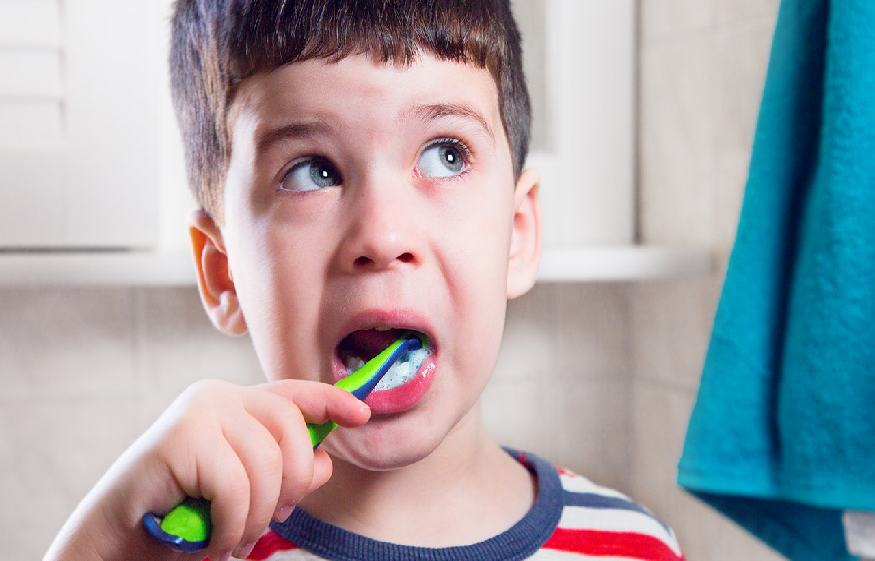As a parent, it’s natural to want the best for your child, and that includes their oral health. At our Metairie dentist office, we understand the importance of establishing good home dental care habits for kids from an early age. By teaching your child proper oral hygiene techniques and making dental care a fun and engaging experience, you can help them develop a lifetime of healthy habits and a beautiful, healthy smile.
In this article, we’ll provide a comprehensive guide to home dental care for kids, including tips, tricks, and advice on how to make oral care a fun and engaging experience.
Why Home Dental Care for Kids is Important?
Home dental care for kids is essential for several reasons:
- Prevents Oral Health Issues: Regular brushing and flossing can help prevent oral health issues like cavities, tooth decay, and gum disease.
- Promotes Healthy Development: Good oral health is essential for healthy development, including proper speech, chewing, and digestion.
- Sets Up Good Habits: Establishing good home dental care habits for kids sets them up for a lifetime of good oral health habits.
- Boosts Confidence: A healthy, happy smile can boost a child’s confidence and self-esteem.
What Are The Tips for Home Dental Care for Kids?
Here are some tips for home dental care for kids:
- Start Early: Begin brushing your child’s teeth as soon as they erupt, using a soft-bristled toothbrush and a small amount of toothpaste.
- Make it Fun: Make brushing your teeth a fun experience by using a favorite toothbrush, or toothpaste, or singing a song.
- Use Positive Reinforcement: Praise your child for good oral health habits and offer rewards for consistent behavior.
- Supervise and Assist: Supervise and assist your child with brushing and flossing until they are old enough to do it themselves.
- Use a Child-Friendly Toothpaste: Choose a toothpaste that is designed for children and has a mild flavor.
Home Dental Care for Kids by Age
Here are some specific tips for home dental care for kids by age:
Infants (0-12 months)
- Clean gums: Use a soft, damp cloth to clean your infant’s gums after feedings.
- Introduce a soft toothbrush: Once teeth start erupting, introduce a soft-bristled toothbrush to gently clean teeth.
- Use a small amount of toothpaste: Use a small amount (about the size of a grain of rice) of infant-friendly toothpaste.
Toddlers (1-3 years)
- Establish a brushing routine: Brush your teeth at least twice a day, in the morning and before bed.
- Use a child-friendly toothpaste: Choose a toothpaste designed for toddlers, with a mild flavor and minimal ingredients.
- Make brushing fun: Sing songs, play music, or use a favorite toothbrush to make brushing your teeth a fun experience.
Preschoolers (4-5 years)
- Encourage independence: Encourage your child to brush their teeth independently, but still supervise and assist as needed.
- Use a fluoride toothpaste: Switch to a fluoride toothpaste, which can help strengthen teeth and prevent cavities.
- Introduce flossing: Introduce flossing to help remove food particles and plaque from between teeth.
School-age children (6-12 years)
- Emphasize the importance of oral hygiene: Explain the importance of oral hygiene and how it affects overall health.
- Encourage regular brushing and flossing: Encourage your child to brush their teeth at least twice a day and floss once a day.
- Monitor their diet: Monitor your child’s diet and encourage healthy snacks and meals to promote good oral health.
Final Takeaway
Home dental care for kids is an essential part of maintaining good oral health and promoting healthy development. By following these tips and avoiding common mistakes, you can help your child establish good oral health habits that will last a lifetime. Remember to make brushing your teeth a fun experience, supervise and assist as needed, and encourage independence as your child gets older.

